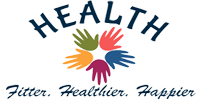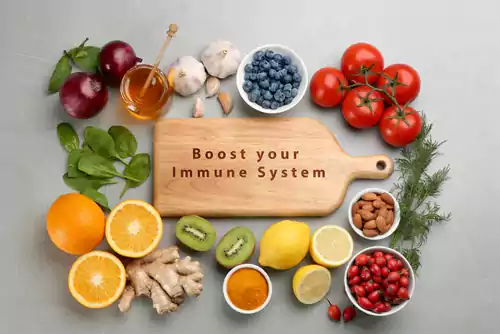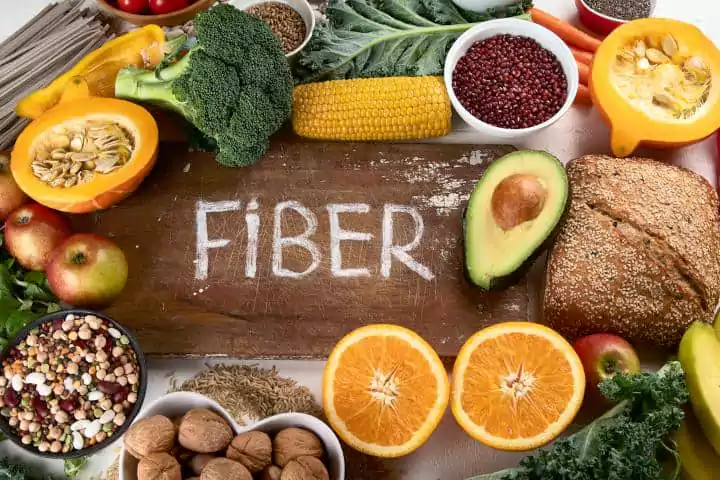
Soya beans either in its seed form or through the soya flour or milk or the soft curd called tofu is an excellent replacement for the regular whole wheat flour and cottage cheese. Not only is it a great replacement it is also great for the over health of a person especially the heart.
Soybeans contain hormone-like substances called phytoestrogens (‘phyto’ means plant), copy the action of the female hormone oestrogen. There are many types of phytoestrogens, like the isoflavones. Isoflavones are very strong antioxidants and can mimic the effects of oestrogen, but their full physiological effects are unknown. hysical inactivity coupled with work stress leave you drained and lethargic. So you need to fix your iron levels and studies have shown that soybeans as a nutrient is excellent The wonder legume not only prevents osteoporosis and reduces the risk of cancer among women, but also aids in the treatment of menopausal symptoms. Oestrogen may protect women against coronary heart disease (CHD) during their reproductive years, but rates of CHD increase remarkably after menopause. Soybeans have been shown to lower total cholesterol and LDL cholesterol levels, both known risk factors for CHD.
In 1999, the United States Food and Drug Administration acknowledged the heart health benefits of including at least 25 g soy protein daily in a diet low in saturated fat and cholesterol. This equates to approximately four servings of soy daily.
A meta-analysis (an analysis of multiple studies on a topic) of 41 clinical trials found that 20 g to 61 g of soy protein can significantly reduce total blood cholesterol levels, LDL (bad) cholesterol levels and triglycerides. The results also showed that soy protein supplementation slightly increased HDL (good) cholesterol levels. This amount of soy protein is found in two to three serves of soy products. It is not known whether the phytoestrogens or the soy proteins (or both, working in combination) or the other characteristics of soy (including high-fibre content and low saturated-fat content) are responsible for these health benefits. However, studies have shown that eating soy protein without isoflavones results in only small cholesterol reductions and isoflavone supplements alone have minimal cholesterol lowering effects. The cholesterol-lowering benefits of eating soy foods may be improved if the total diet is high in carbohydrate. This seems to help with the breakdown of the isoflavones.
So try including Soya in its different forms either like the Soya bread, milk, flour, or tofu into your diet and enjoy the benefits.









.webp)